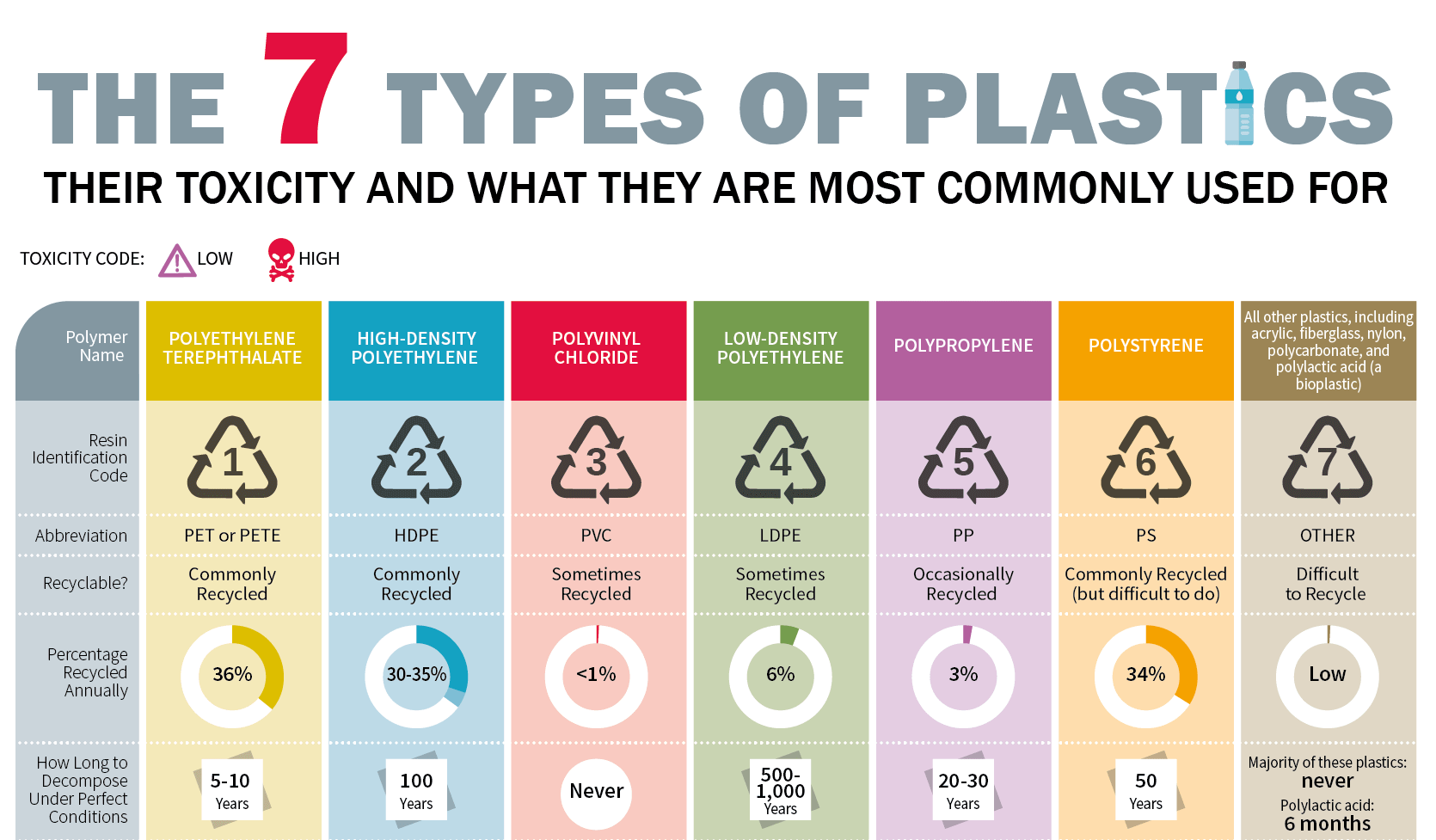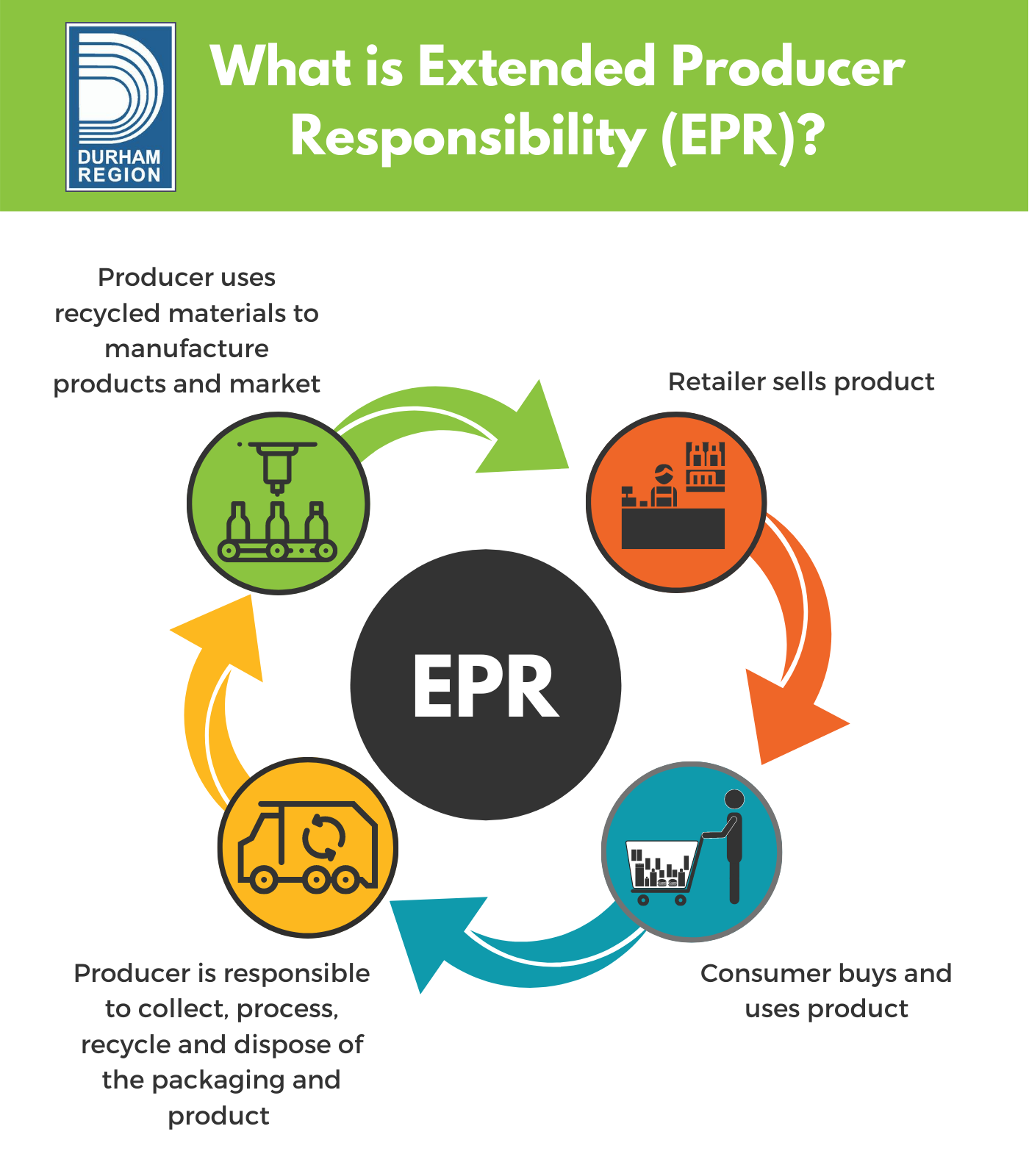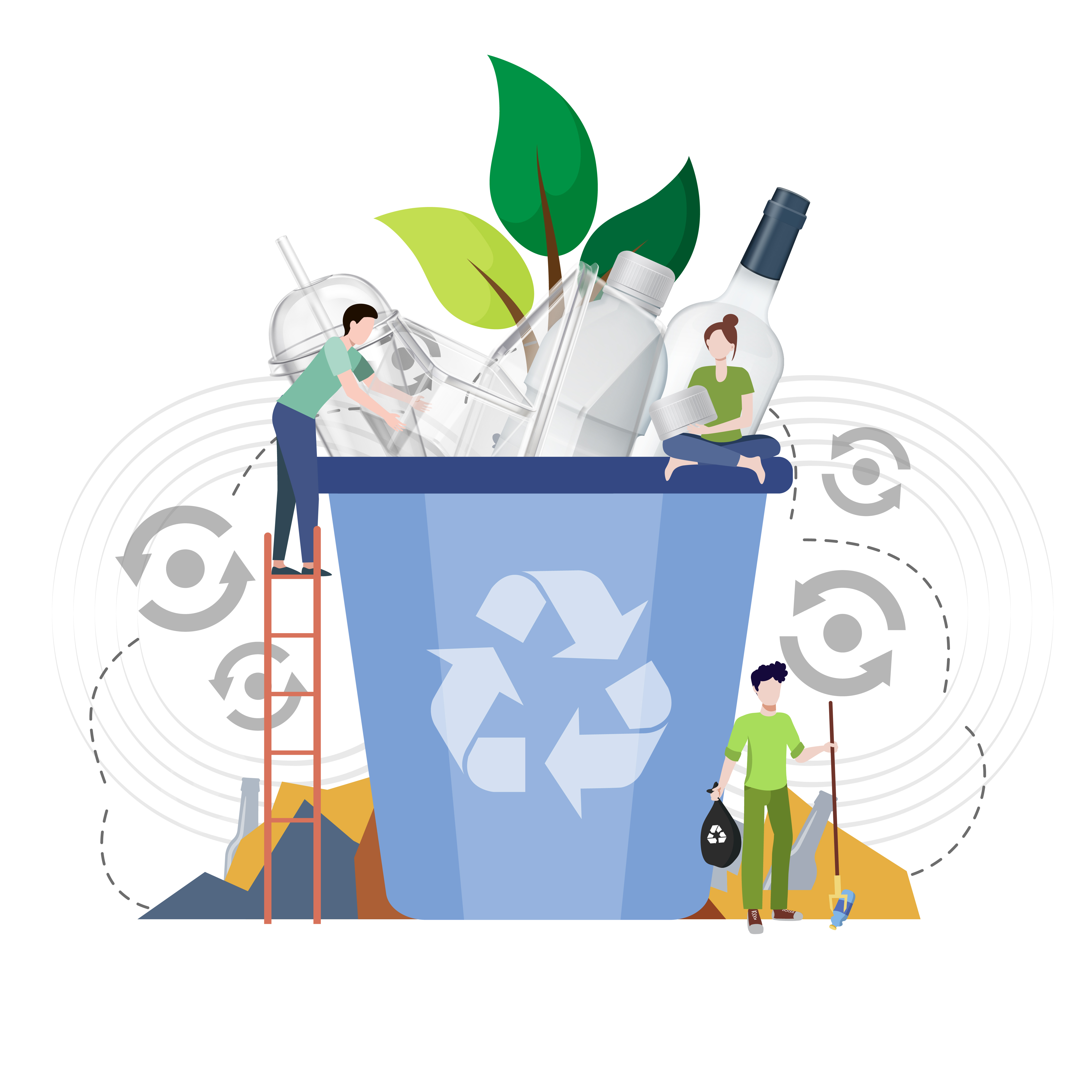Plastic Management Presentation
| Introduction to Plastic Management | ||
|---|---|---|
| Plastic management refers to the process of effectively and responsibly handling plastic waste. Effective plastic management is crucial for environmental sustainability and human health. The growing concern over plastic pollution has led to the development of various plastic management strategies. | ||
| 1 | ||
| Types of Plastic Waste | ||
|---|---|---|
| Plastic waste can be categorized into different types based on their composition, such as PET, HDPE, PVC, LDPE, etc. Each type of plastic waste requires specific management techniques due to variations in their recyclability and degradation properties. Understanding the different types of plastic waste is essential for implementing efficient plastic management practices. | ||
| 2 | ||
| Reduce, Reuse, Recycle | ||
|---|---|---|
| The 3 Rs - Reduce, Reuse, Recycle - form the foundation of effective plastic waste management. Reducing plastic consumption through alternative materials and packaging techniques helps to minimize plastic waste generation. Reusing plastic products and implementing recycling programs allows for the sustainable utilization of plastic resources. | ||
| 3 | ||
| Extended Producer Responsibility (EPR) | ||
|---|---|---|
| EPR is a policy approach that holds manufacturers responsible for the entire lifecycle of their products, including plastic waste management. By implementing EPR programs, manufacturers are encouraged to design products that are easier to recycle and manage. EPR programs also promote the establishment of collection and recycling systems, reducing plastic waste leakage into the environment. | ||
| 4 | ||
| Plastic Waste Collection and Sorting | ||
|---|---|---|
| Efficient collection and sorting systems are crucial for effective plastic waste management. Implementing a well-organized collection infrastructure ensures proper disposal and prevents plastic waste from ending up in landfills or oceans. Advanced sorting technologies, such as automated optical sorting, enable the separation of different types of plastic for recycling purposes. | ||
| 5 | ||
| Plastic Recycling Technologies | ||
|---|---|---|
| Various recycling technologies, such as mechanical recycling, chemical recycling, and energy recovery, are used to manage plastic waste. Mechanical recycling involves melting and reprocessing plastic waste into new products. Chemical recycling breaks down plastic waste into its molecular components for the production of new materials or fuels. | ||
| 6 | ||
| Innovative Solutions for Plastic Waste | ||
|---|---|---|
| Innovative solutions, such as biodegradable plastics and compostable packaging, aim to reduce the environmental impact of plastic waste. Bioplastics made from renewable resources offer a more sustainable alternative to traditional plastics. Investing in research and development for innovative plastic waste management technologies is crucial for long-term sustainability. | ||
| 7 | ||
| Government and Industry Initiatives | ||
|---|---|---|
| Governments and industries play a significant role in driving effective plastic waste management. Implementing policies and regulations to promote plastic reduction, recycling, and circular economy practices is essential. Collaboration between governments, industries, and non-governmental organizations is crucial for adopting comprehensive plastic waste management strategies. | ||
| 8 | ||
| Public Awareness and Education | ||
|---|---|---|
| Creating awareness and educating the public about the impacts of plastic waste is key to changing behavior and promoting responsible plastic management. Public campaigns and educational programs can highlight the importance of reducing plastic consumption and proper waste disposal. Encouraging individuals to adopt sustainable practices, such as using reusable bags and bottles, can significantly contribute to plastic waste reduction. | ||
| 9 | ||
| Conclusion | ||
|---|---|---|
| Effective plastic management is essential for mitigating plastic pollution and preserving the environment. By implementing strategies such as reduce, reuse, recycle, extended producer responsibility, and innovative solutions, we can achieve a more sustainable future. Collaboration among governments, industries, and individuals is necessary to address the plastic waste crisis and move towards a circular economy. | ||
| 10 | ||








